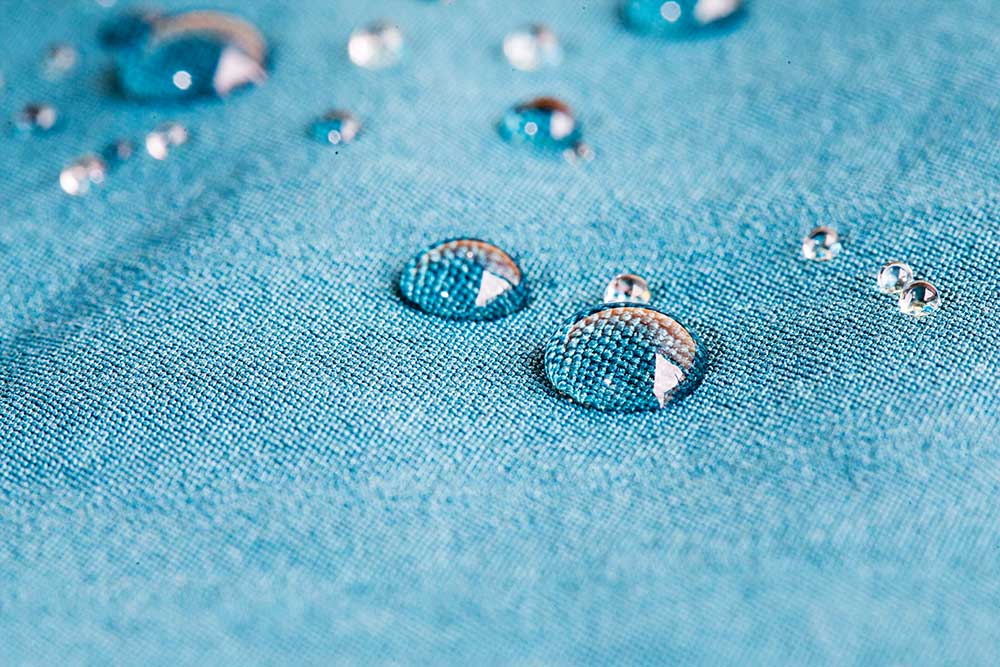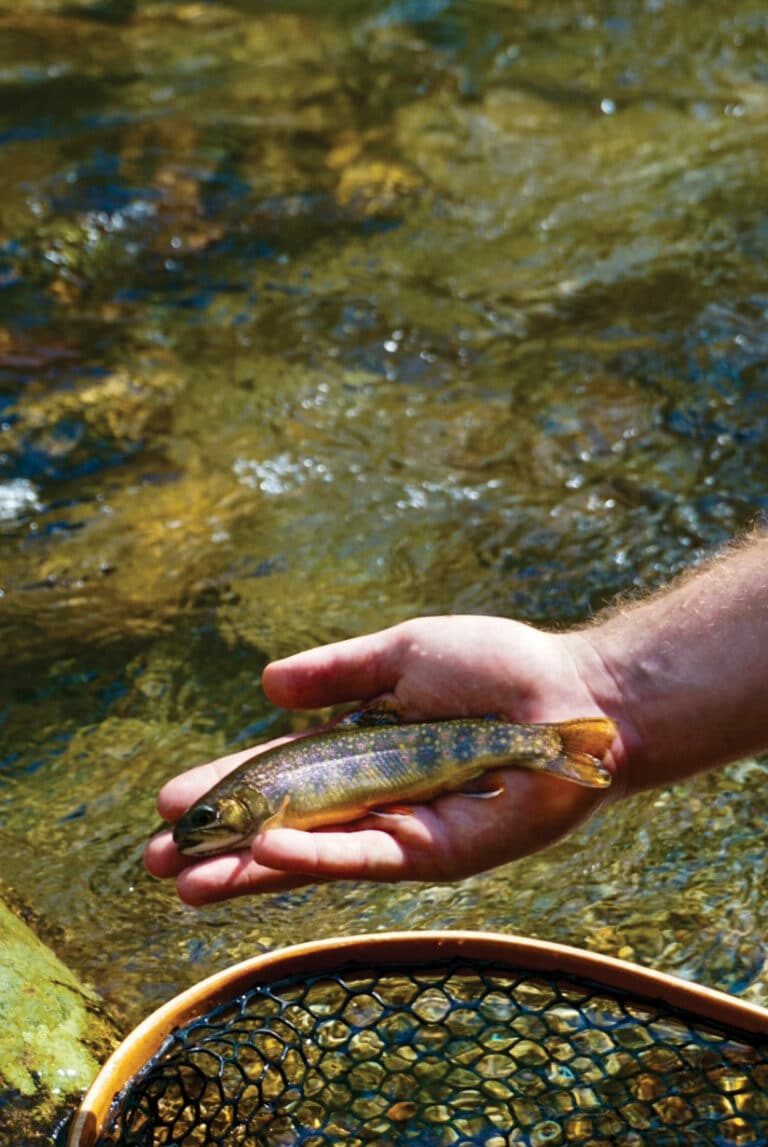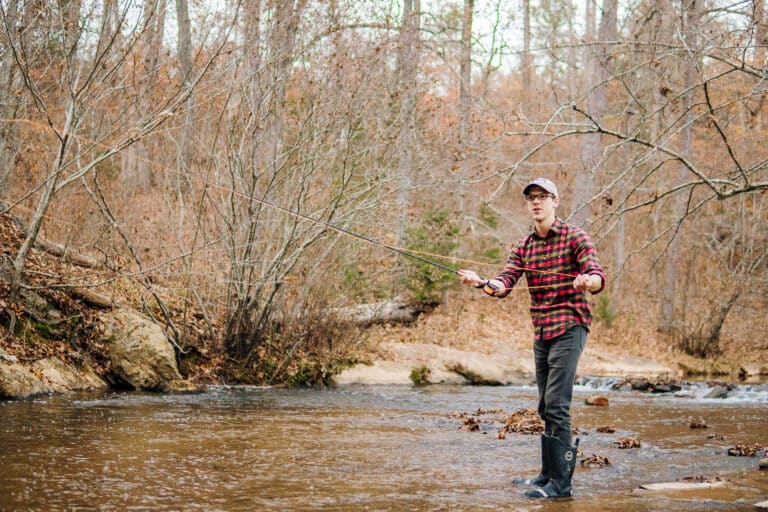The Outdoor Industry ADDRESSES widespread carcinogenic compounds in its products
While many fans of the outdoors have been practicing Leave No Trace principles since before the non-profit was founded, they might be surprised and disappointed to learn how much of their favorite gear leaves trace amounts of perfluorocarbons (PFCs) that will remain in the environment long after the wearers are gone.
Since the 1940s, more than 4,700 PFCs have been developed that repel both oil and water, reduce friction, and maintain stability when exposed to a wide range of temperatures. They’ve been used in common household products such as Teflon and Scotchguard, but their hydrophobic properties mean PFCs are also a key ingredient in the durable, water-repellent finishes that coat your favorite rain jacket, tent, and sleeping bag. It wasn’t until the early 2000s that the scope of the PFC problem began to emerge.
PFCs are a suspected human carcinogen that have been linked to cancer, kidney damage, and reproductive problems, and weakened immune responses in children. They can also contaminate drinking water in less than one part per trillion.
In nearly all cases, waterproof or water repellent gear contains a PFC coating unless there’s a tag on the garment specifically indicating that it doesn’t. As the problem gains attention, outdoor gear companies are scrambling to find safe and sustainable solutions without sacrificing performance.
At Outdoor Retailer’s 2019 Summer Market, a few manufacturers were showcasing their alternatives to PFAS chemicals. German apparel and gear brand Jack Wolfskin completely eliminated PFCs from its products. Mountain Hardwear removed PFCs from all tents, making it the first major North American brand to do so. Mountain Hardwear also chose a PFC-free treatment for its line of GORE-TEX jackets that launched this spring.
W.L. Gore & Associates – an ingredient brand for some of the largest apparel manufacturers in the world, including Patagonia and The North Face – is also aiming to eliminate what it calls PFCs of Environmental Concern. The company worked with Greenpeace to determine what constitutes PFCs of Environmental Concern, and it aims to eliminate use of these chemicals by 2023.
Swiss textile manufacturers Schoeller and HeiQ have also joined the cause. Both have created alternatives to PFCs for water- repellent coatings that perform as well or better than conventional PFC water repellent coatings. These alternatives are being used by Black Diamond, Wolverine, and Levi’s.
Toxic chemicals such as PFCs should not have a place in an industry that champions environmental stewardship. A few brands are leading the way, and PFC-free alternatives are now available. It’s up to customers to speak with their dollars and support PFC-free products—for the planet’s health and our own. We go outdoors to be healthy. We should be using gear and apparel that isn’t poisoning us or the planet.








